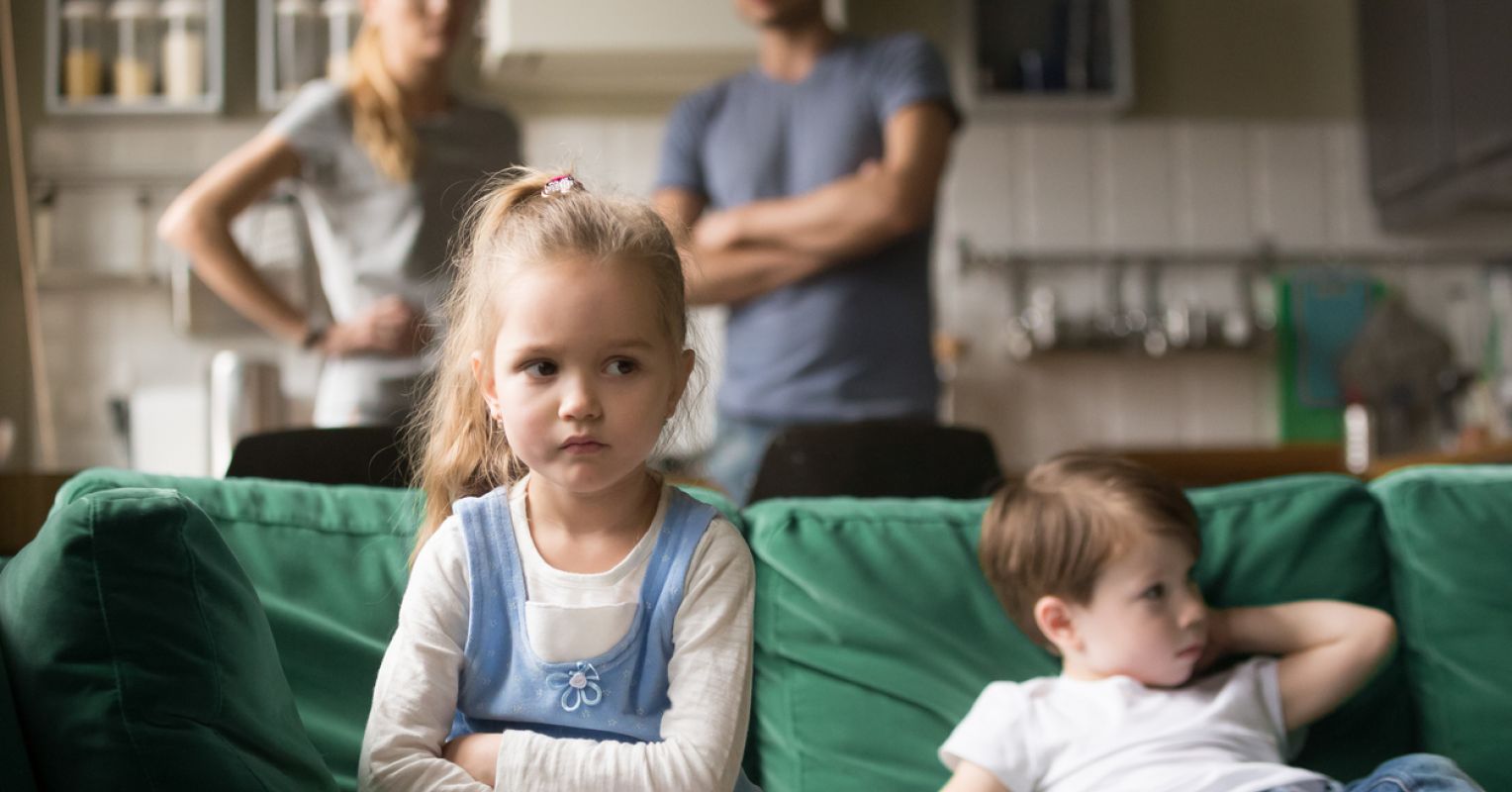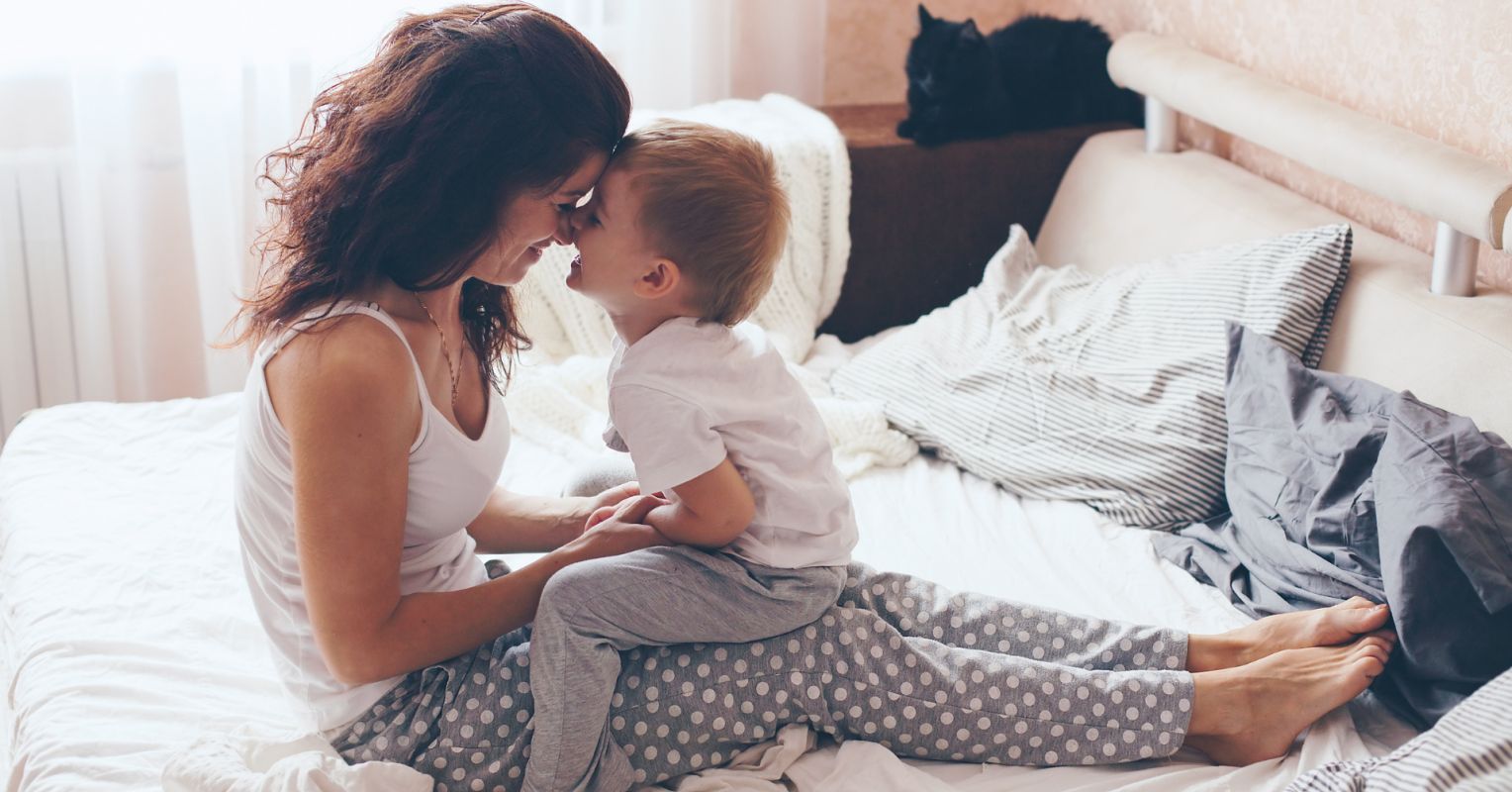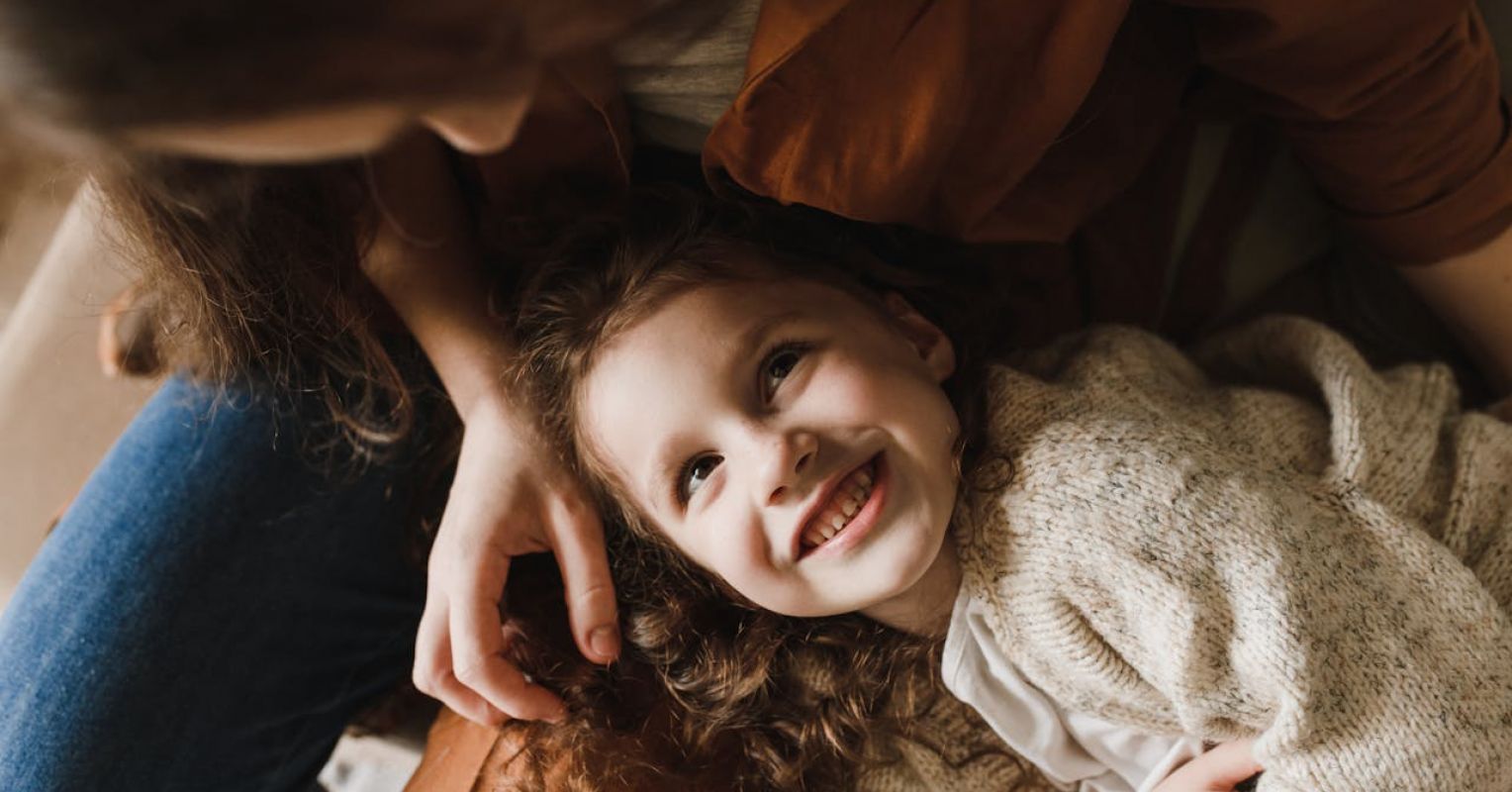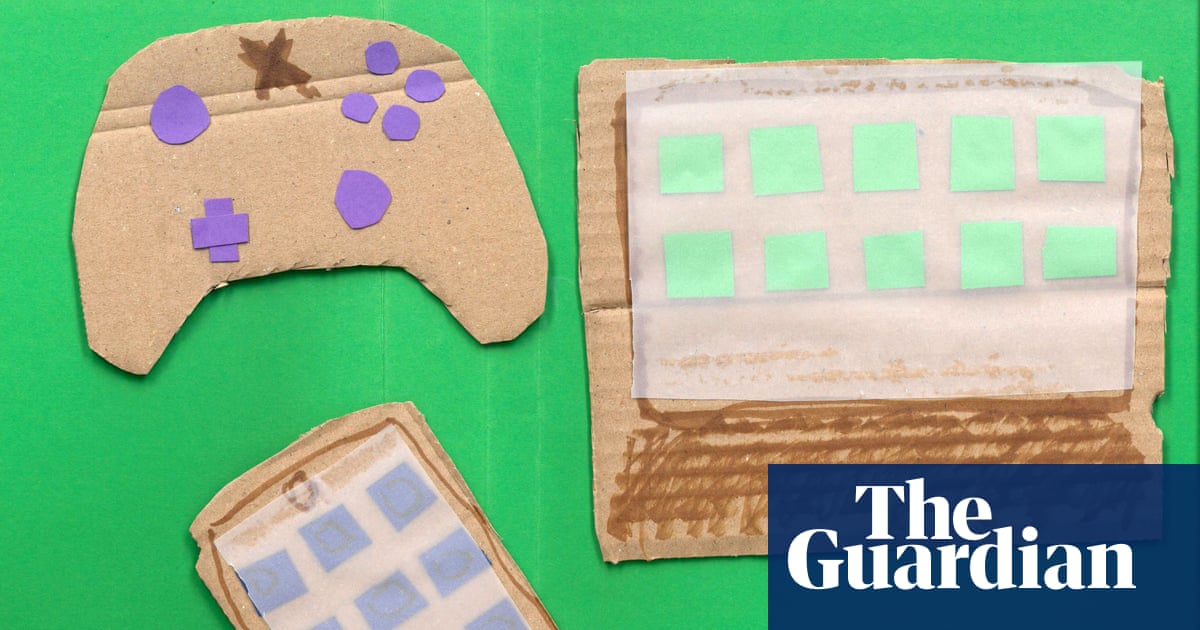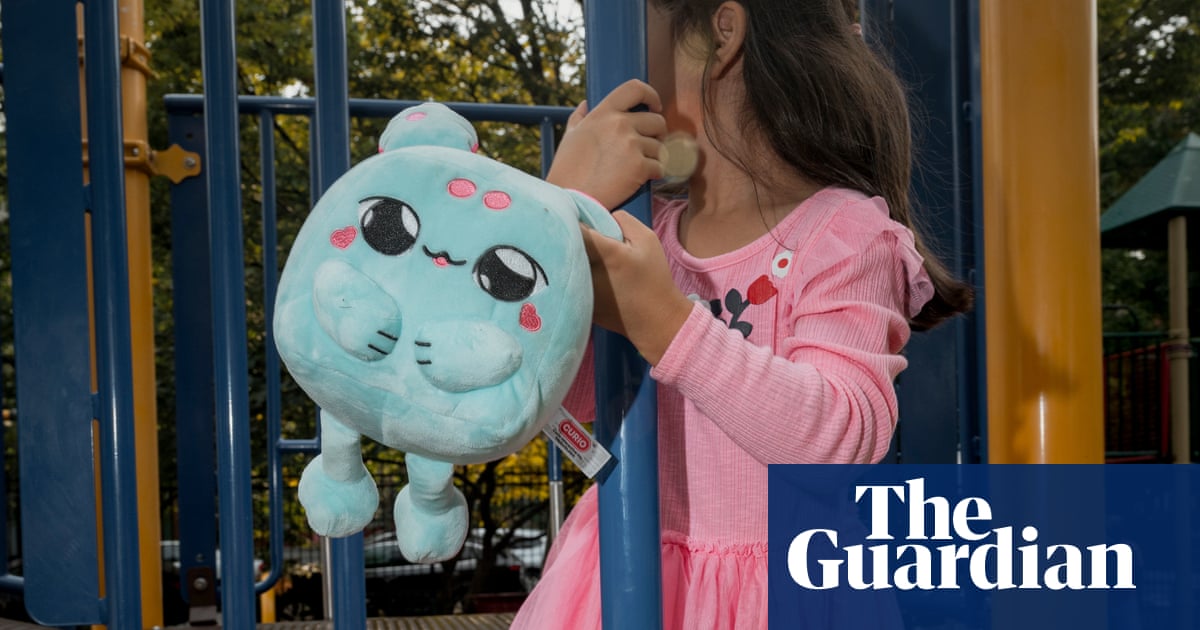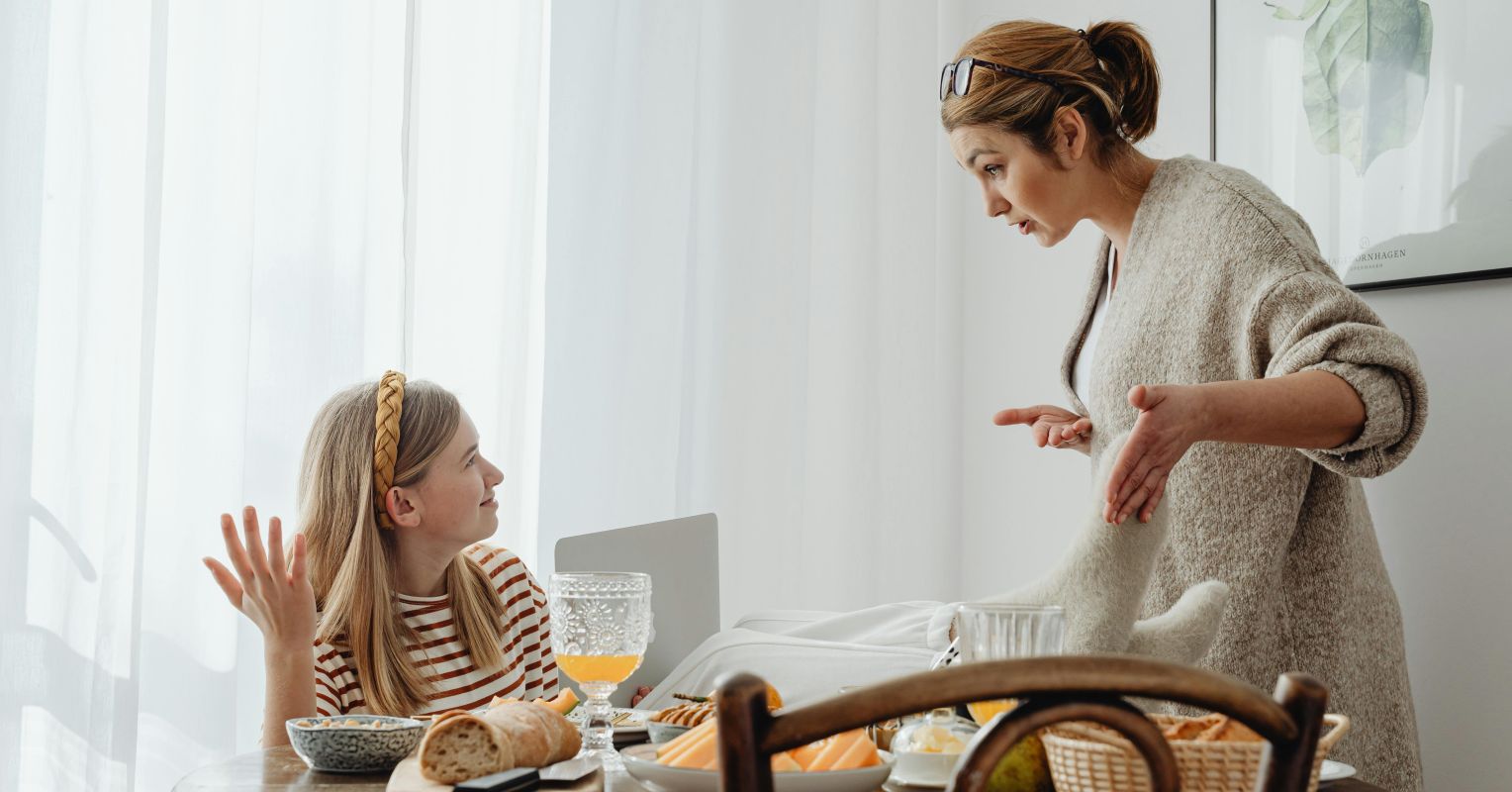#child-development
#child-development
[ follow ]
#parenting #screen-time #resilience #attachment #education #mental-health #discipline #emotional-regulation
fromSilicon Canals
1 day agoOnly children aren't lonely - psychology says they often develop these 7 exceptional qualities - Silicon Canals
Growing up, I heard it constantly: "Oh, you must have been so lonely as an only child." People would look at my friend Emma with this mix of pity and concern, as if she'd been raised by wolves instead of loving parents. They'd ask if she wished for siblings, assuming her childhood was some tragic tale of isolation and imaginary friends.
Psychology
fromPsychology Today
3 days agoTalking With Kids About Boycotting and Collective Activism
Boycotting is a form of collective action in which people intentionally choose not to support a company, institution, or system because it causes harm. For adults, boycotts are often tied to politics, capitalism, and historical trauma. For children, however, the conversation does not need to begin there. In fact, starting with politics often misses what kids understand best. Start With Humanity and Fairness
Social justice
fromwww.theguardian.com
6 days agoWednesday briefing: Can we turn around the growing school readiness crisis?
What many reception teachers say they did not sign up for was spending large chunks of the school day managing toileting, feeding and basic self-care because growing numbers of children are arriving without those skills in place. New data points to a widening gap in England and Wales between what parents believe school ready means and what classrooms are actually experiencing
Education
UK politics
fromwww.theguardian.com
1 week agoAs a parent and a Conservative I know that banning social media for under-16s is the right thing to do | Kemi Badenoch
Children need protection from harmful online content; Conservatives propose banning smartphones in schools and social media for under-16s to safeguard development.
Education
fromFuturism
2 weeks agoNew Study Finds AI in Schools Is Undermining Kids' Social and Intellectual Development
Generative AI in schools currently poses greater risks than benefits, undermining children's cognitive development, learning engagement, memory retention, and social skill formation.
fromBusiness Insider
2 weeks agoI quit my job at Microsoft to be a more present mother. I'm not worried about finding a new job - I have a plan.
In October 2024, my husband and I welcomed our first child into the world. I took a six-month maternity leave, which was provided through my senior user experience researcher job at Microsoft. During that time, I decided to turn it into a more extended career break. I resigned from my position, and my employment formally ended a few months later.
Careers
fromPsychology Today
1 month agoTreatment for Young Children With BFRBs: The Essentials
When a young child pulls their hair, picks their skin, or bites their nails to the point of injury, it's natural for the adults in their lives to want to focus on stopping the behavior. Parents want to prevent their child from experiencing harm, and clinicians want to help the child gain control and relieve their parents of worry. But with body-focused repetitive behaviors (BFRBs), especially in young children, control is rarely the place to start.
Mental health
Parenting
fromDaily Mom magazine
1 month agoHow AI Parenting Coach Tools Can Help Modern Parents Navigate Challenges Like A Personal Coach
Artificial intelligence is increasingly integrated into parenting to assist with scheduling, development tracking, behavior guidance, and reducing parental stress without replacing human connection.
fromPsychology Today
1 month agoTantrums: They're Not Just for Kids
Let's talk about meltdowns and temper tantrums. Arms flailing, feet stomping, the full body drop-to-the-ground moment. For toddlers, the image is all too familiar. For those of us who have older children, we take a sigh. But are tantrums just for toddlers? No, they aren't. The tantrum meltdown isn't just for kids. It's also an experience many teens, young adults, and adults experience on the regular. They just look a little different now. Let me explain.
Parenting
fromPsychology Today
1 month ago'My Parents Treated Me Well, So Why Do I Still Want Therapy?'
But what happens when the parent is the source of the fear? That's the paradox at the heart of disorganized attachment. The very person who should be a safe harbor becomes, unpredictably, a source of alarm. For example, a mother lost in her own grief for years, staring through her infant with a trance-like look. Or a father, struggling with depression, jerks away when his toddler reaches for a hug, because he has no energy for hugging.
Mental health
fromPsychology Today
1 month agoHow Father Absence Shapes Male Violence Worldwide
Camilo grew up surrounded by adults, yet without a stable father. His mother moved from one relationship to another, each new man arriving with promises of permanence and leaving with silence. By the time Camilo reached adolescence, he had called five different men "father," and none of them stayed. What formed inside him was not only grief, but confusion about what authority, protection, and masculinity were supposed to look like.
Psychology
fromIndependent
1 month agoWhy you could be terrifying children by using the threat of the naughty or nice list
Children can take Christmas far more seriously than we imagine. For adults, the "naughty or nice" idea is a throwaway line we can repeat without thinking. For a seven-year-old, however, it can feel like a contractual clause with terrifying consequences. I hear many parents, including one parent of a seven-year-old this year say their child is suddenly frightened that Santa won't come because they "haven't been good enough".
Parenting
Parenting
fromBusiness Insider
1 month agoMy 8-year-old has been experimenting with tiny moments of independence. The look on his face says it all.
Allowing children small supervised real-world freedoms builds confidence, happiness, responsibility, and practical life skills while reducing the effects of parental overprotection.
fromPsychology Today
1 month agoA Parent's Holiday Survival Guide
As a child and teen therapist, I see families navigating meltdowns, sibling conflict, and unexpected tears, even over the holidays. Parents asking me, "Why does my teen act out all of the time?" or "Why does my 5-year-old have big meltdowns?" has led me to explore more about what is going on in the brain at every age of development.
Parenting
fromScary Mommy
2 months agoThis Doctor Says Kids Need To Be Praised 100 Times A Day For Parent To See Behavioral Changes
When your child hears 100 times a day, again and again and again, what they do well, what they do well becomes the memory that they have in their brain and body, and they do it more because they've had so many experiences of having it reinforced,
Parenting
fromPsychology Today
2 months agoWhen Children Call Violence 'Unavoidable'
An 11-year-old girl described an experience online: "There's peer pressure to pretend it's funny. You feel uncomfortable on the inside, but pretend it's funny on the outside." Was she talking about a specific video? No. She was describing her relationship with violent content on social media. Content she encounters daily. Content the algorithms serve her whether she wants it or not.
Psychology
Gadgets
fromFuturism
2 months agoChild Development Researcher Issues Warning About AI-Powered Teddy Bears Flooding Market Before Christmas
AI-powered toys risk harming children's development and privacy by offering inauthentic, sycophantic social interaction, fostering unhealthy dependency, enabling inappropriate conversations, and breaking safety guardrails.
Education
fromSocial Media Explorer
2 months agoAfterSchool Care That Boosts Academic Success - Social Media Explorer
High-quality after-school programs transform afternoon hours into engaging, hands-on learning that reinforces school lessons, develops study habits, and supports social and emotional growth.
fromPsychology Today
2 months agoThe Curiosity We Lost-and Why It Matters More than Ever
Simon was recently walking through the park with his three-year-old daughter. Autumn had truly arrived, and brown leaves lay scattered across the ground beneath the bare trees. Simon's daughter saw a small boy playing among the leaves and ran over to see what he was doing. The two quickly formed an unspoken bond as they joined forces, collecting the discarded leaves into piles. If you have children, you are almost certainly familiar with this scene, or one like it. Children naturally want to understand what's happening around them, and that curiosity helps them to connect with anyone, or anything, that intrigues them. When there's something new and exciting to discover, social anxiety is easily forgotten. Connections are easily forged.
Education
Mental health
fromFortune
2 months agoAnxious generation author warns Gen z's brains are 'growing around their phones' the way a tree warps around a tombstone | Fortune
Smartphones and social media rewired Gen Z brains, causing widespread mental and physical health declines including anxiety, depression, sleep harm, and rising myopia.
fromSlate Magazine
3 months agoMy Siblings' Kids Keep Taunting Me for Something I Can't Control. Their Parents Think It's Hilarious.
The kids do not believe me when I speak to them about current events or anything fact-based. When they ask an adult at large to spell something, and I reply, they check my response with another adult. I told one of them a medical fact, and they told me flatly that their parent was much, much smarter, and their parent said otherwise, so I must be wrong.
Parenting
fromPsychology Today
3 months ago5 Ways Play Boosts Trust and Empathy
Play first stirs in the mutual, musical back-and-forth cooing of mother and infant. This proto-play practices attunement. Before we learn to talk, we learn to chortle and gurgle and babble and hum along. Psychoanalyst Erik Erikson noted that this pleasurable and surprising dialog "negotiates the first interpersonal encounters, the light of the eyes, the features of the face, and the sound of the name [as they each] become essential ingredients of a first recognition by the primal other."
Psychology
fromwww.theguardian.com
3 months agoI want to marry my girlfriend, but I'm worried it may upset my young son
I am a 44-year-old man, with a seven-year-old son. His mother and I are divorced, and I moved out when he was three. We share custody; he is with me three days/nights a week including part of the weekend. He is doing well at school and has varied interests. He is a very happy child and the most precious thing to me.
Parenting
Parenting
fromIndependent
3 months agoUnderstanding children's emotions: 'Tantrums aren't a sign of being spoilt or bold - they're a normal part of brain growth'
Tantrums reflect normal brain development; parents can help children regulate big feelings through calm validation, structured routines, clear limits, and developmentally appropriate guidance.
Parenting
fromDaily Mom magazine
3 months agoGlobal Perspectives: Understanding The Best Childrearing Practices Across Cultures And Parenting Traditions Around The World
Cultural parenting practices vary widely and offer alternative childrearing strategies that reflect societal goals and can inform intentional caregiving choices.
Parenting
fromPsychology Today
4 months agoWho Is the Spirited Child and Why Is It Important to Know?
Spirited children exhibit stronger-than-average intensity, persistence, sensitivity, perceptiveness, and discomfort with change due to inborn temperament, requiring tailored understanding and parenting.
fromScary Mommy
4 months agoThis Mom's Adorable Story About Co-Parenting Is The Small Joy You Need Today
"My daughter's dad and I really pride ourselves in the fact that we have not fought in front of her since she was like six months old. She's almost five now, and we don't talk crap on the other parent in front of her," TikTok mom, angelehlers_, explained. "So, she has no idea why we wouldn't be friends, why we wouldn't all hang out. Like she just genuinely just thinks like we're all just like friends, like her best friends,"
Parenting
fromApartment Therapy
4 months agoThis Adorable Tool Set Is Building Confidence for My Kid
Before I had kids, I was skeptical of kid-specific products. Why would kids need a special bowl or spoon when adults already have small versions of those things, I wondered. Why would kids need plastic, character-driven versions of a household item, like a broom - couldn't we just teach them to use the normal kind? But then, of course, I had kids and I understood. By creating kid-friendly versions of household items, we reach kids on their level.
Parenting
[ Load more ]

